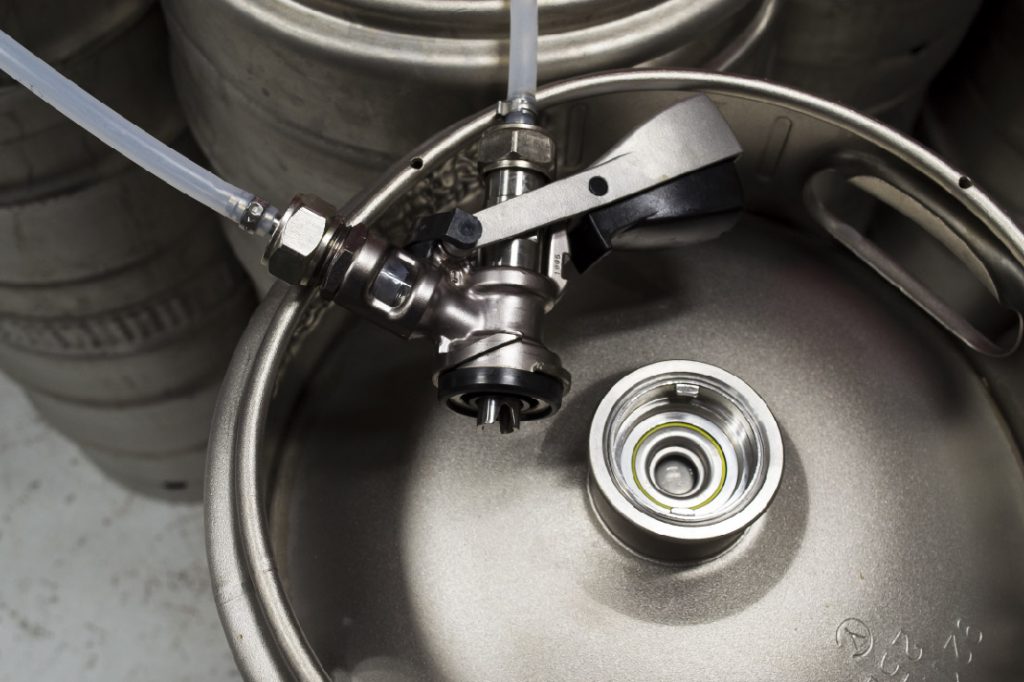When it comes to delivering the perfect pint, the role of kegs in maintaining beer quality cannot be overstated. From the moment the beer leaves the brewery to the time it is poured into a glass, regular and used kegs play a crucial role in preserving the beer’s flavor, freshness, and overall quality. Here, we’ll explore how kegs contribute to maintaining beer quality and why choosing the right keg is essential for any brewery or home bar.
Preservation of Freshness
Sealed Environment
Kegs provide a sealed environment that protects beer from exposure to light and air, both of which can degrade the quality of the beer. Exposure to oxygen can lead to oxidation, resulting in off-flavors and a stale taste. By keeping the beer in an airtight container, kegs help maintain its freshness for a longer period.
Temperature Control
Kegs are often stored in refrigerated environments, ensuring the beer remains at a consistent temperature. Temperature fluctuations can negatively impact beer quality, causing it to lose its carbonation and flavor profile. Using kegs with proper refrigeration helps keep the beer at its optimal serving temperature, preserving its intended taste.
Protection from Contaminants
Sterile Environment
Kegs provide a sterile environment that minimizes the risk of contamination from bacteria and other microorganisms. Properly cleaned and sanitized kegs prevent the growth of unwanted organisms that can spoil the beer and affect its quality. Regular maintenance and cleaning are essential to ensure the kegs remain free from contaminants.
Material Integrity
High-quality kegs, whether new or used, are made from durable materials such as stainless steel. This material is resistant to corrosion and does not react with the beer, ensuring that the flavor remains pure. Investing in good-quality kegs, even if they are used kegs, ensures that the beer is stored in a safe and non-reactive environment.
Consistent Carbonation
Pressure Regulation
Kegs are equipped with mechanisms to regulate pressure, ensuring that the beer maintains its carbonation levels. Proper carbonation is essential for the beer’s mouthfeel and taste. Kegs help keep the carbonation consistent from the first pour to the last, providing a uniform drinking experience.
Dispensing Systems
The use of kegs with compatible dispensing systems allows for a controlled and efficient pour. Whether in a brewery or home bar, the right dispensing system minimizes foam and ensures that the beer is served with the correct carbonation and head. This not only enhances the drinking experience but also preserves the beer’s quality.
Sustainability and Cost-Effectiveness
Reusability
Kegs are reusable, making them an environmentally friendly option for storing and serving beer. By opting for used kegs, breweries and home bars can contribute to sustainability efforts while maintaining beer quality. Reusing kegs reduces waste and lowers the environmental impact associated with single-use packaging.
Cost Savings
Purchasing used kegs can offer significant cost savings without compromising on quality. Many used kegs are reconditioned to meet industry standards, providing a reliable option at a lower cost. This allows businesses to invest in other areas while still ensuring their beer is stored in high-quality containers.
Conclusion
The role of kegs in maintaining beer quality is multifaceted, encompassing aspects of freshness, protection from contaminants, consistent carbonation, and sustainability. Whether new or used, kegs are an essential component in the beer storage and serving process, ensuring that every pint tastes as the brewer intended. By investing in the right kegs and maintaining them properly, breweries and home bars can deliver a high-quality beer experience to their customers.
For more information on how to select and maintain high-quality used kegs, feel free to reach out. We’re here to help you keep your beer tasting its best.

